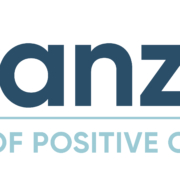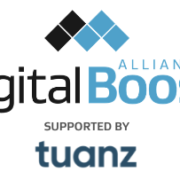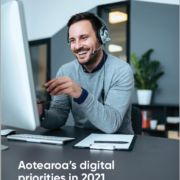TUANZ Media Release: Closing the urban and rural digital divide

TUANZ Media Release: Closing the urban and rural digital divide
The Tech Users Association (TUANZ) supports a call for high-quality connectivity to be prioritised by the Government as a utility, a newly published report says.
“The last two years of pandemic disruptions have highlighted the importance of high-quality connectivity when it comes to how we work, learn, do business and socialise remotely,” says Craig Young, CEO, TUANZ.
“While urban New Zealand has enjoyed a seamless experience, rural, sub-rural and remote users have not always experienced the same standard of connectivity.”
“The issue of improving rural connectivity is still too important to give up on. There’s a strong need for high-quality connectivity on the farm, the marae, in the classroom and on the move.”
“Although there has been progress toward ubiquitous coverage of quality connectivity, there are still challenges that need to be solved. This includes educating people on what is readily available and cross-sector collaboration to provide affordable solutions.”
Insights from the 2022 Rural Connectivity Symposium (RCS) have been published by the Tech Users Association (TUANZ). The Rural Connectivity Symposium 2022 Communique highlights current efforts, challenges, future solutions and what’s next.
Key themes include:
- Prioritising high-quality connectivity as a necessary core service or utility.
- Ensuring the rural experience is on par with urban coverage, capacity and affordability.
- An end-user-focused approach with greater emphasis on the socioeconomic returns of providing connectivity to remote and isolated areas.
- Prioritising the roll out of a publicly available national connectivity register.
- Supporting a focussed awareness programme to educate communities on the available opportunities.
“Ultimately, we need to look at connectivity holistically in terms of affordability, use, skills, digital literacy and value. There’s also a strong need to ensure the best support and information is available to rural New Zealanders within their own communities so they can be informed consumers,” he says.
View the report here
For further comment or interview, please contact Craig Young
Phone: 021 488 188
Email: craig.young@tuanz.org.nz
ENDS
WHO IS TUANZ?
The Tech Users Association of New Zealand (TUANZ) is helping Kiwis make the most of our digitally connected world. TUANZ has been representing users of communications and digital technology for more than 35 years.
Our vision is for New Zealand to be a top 10 digital ready nation by 2030.
We are the independent voice of our members and all users in a complex digital world. We know that access to technology is key to digital business and force for social good and we are here to help our members make sense of the digital future.
We are a powerful channel to decision-makers and developing leaders in this sector.
We have a highly engaged community of over 1,400 individuals working in our member organisations in roles that use or are responsible for digital technology.






